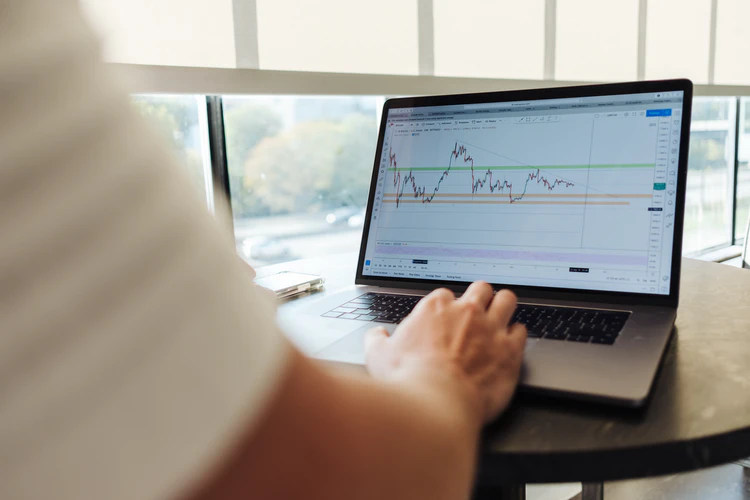Trading is the buying and selling of publicly-traded company shares. In the stock market, there is a buyer for every seller. But what if the number of buyers exceeded the number of sellers? Well, in that case, the stock price will rise because of the high demand. However, if the number of sellers is more than the number of buyers, the stock price will go down because this means that there is more supply than demand. In any field, knowledge is key to success, so on that note, read on to learn what you need to know about trading.

Contents
Active Trading
There are two main types of trading: active trading and day trading. The strategy used in active trading depends on monitoring the price fluctuations of certain sticks within a short period and taking advantage of the short-term market movements to make a profit in the coming weeks or months. Investors who place 10 or more trades every month do active trading.
Day Trading
Day trading is when investors buy, sell, and close the same stock position in one trading day, and sometimes even multiple times throughout the day, without caring about the underlying business’s inner workings. The main goal of day traders is to make money in the next few minutes, hours, or days depending on the daily fluctuation of prices.
How to Trade
Opening a Brokerage Account
Most investors use a brokerage account to buy and sell stocks, bonds, and mutual funds. Same as bank accounts, brokerage accounts allow you to transfer money into and out of it. However, you don’t have access to the stock market through bank accounts, and brokerage accounts grant you this access. Investment income is taxed as a capital gain in a brokerage account.
You can have as many brokerage accounts as you want, as there is no limit to the number of brokerage accounts you can have, the same applies to the amount of money deposited in it. Here is how it works, the money and investments in your account are owned by you, so you can buy and sell any time you want, and the broker holds your account and works as an intermediary between you and the investments you want to buy. You can set up a brokerage account through licensed brokerage firms. There is a wide range of them to choose from like there are pricey full-service stockbrokers and cheaper online discount brokers.
Setting a Stock Trading Budget
It is very important to keep in mind that you should only invest the amount you can afford to lose, and don’t use money kept for essential expenses that you might need in the near future. Ratchet down that 10% without a healthy emergency fund, while 10 to 15% of income is channeled to retirement savings accounts.
Using Market Orders and Limit Orders
A market order is when an investor buys and sells stock as soon as possible at the best available prices to capitalize on the current market value, while a limit order is when they set a maximum and minimum price at which they are willing to buy and sell their stocks These are the two options a trader has to complete the transaction when placing an order to buy or sell publicly-traded shares.
Practice via Virtual Trading Accounts

Many online stock brokers offer virtual trading tools to investors to facilitate their experience in the stock market. Professionals at The Stock Dork recommend reading reviews about different online brokers before settling on one to make sure they are reliable and trustworthy. Paper trading, on the other hand, allows customers to test their trading acumen and build a solid track record before paying real money.
Measure the Returns Against Appropriate Benchmarks
Investors need to be ahead of relevant benchmarks, which are indexes that measure the performance and stocks and other securities in the market. If an investor was unable to outperform the benchmark, then the best thing to do is invest in a low-cost index mutual fund or ETF.
Maintain Perspective
Successful investments deliver shareholder value for many years, so remember that being a successful investor requires that you maintain your perspective and keep in mind that it is not about finding the next big breakout stock first; it’s about developing a sound strategy that will allow you to capitalize on price fluctuations for as long as possible.
Surviving Stock Trading
In order to survive stock trading remember to lower the risk by building positions gradually, keep good records for the IRS. Bear in mind that there are different rules and tax rates applied by the IRS, and keeping a good record will help you apply the tax-loss-harvesting strategy Finally, choose your broker after doing the needed research, don’t just fall for any broker as there are many out there, find the right one that complies with the terms and tools that suits your investments.
If you’re looking for a way to make money quickly, stock trading could be the way to go. However, as mentioned above, you need to have adequate knowledge about the stock market and a basic understanding of the different trading strategies you can use before investing in stock so you don’t end up losing your money.



